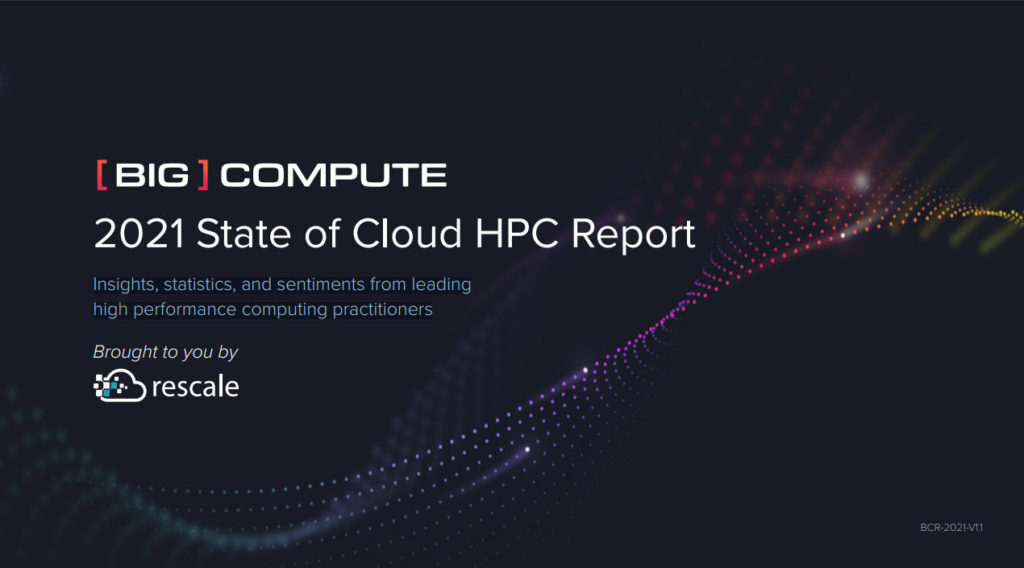 Today the European Commission unveiled today its plans to invest jointly with the Member States in building a world-class European supercomputers infrastructure.
Today the European Commission unveiled today its plans to invest jointly with the Member States in building a world-class European supercomputers infrastructure.
To move this plan forward, the EC has created a new legal and funding structure – the EuroHPC Joint Undertaking – designed to acquire, build and deploy across Europe a world-class High-Performance Computing infrastructure. It will also support a research and innovation program to develop the technologies and machines (hardware) as well as the applications (software) that would run on these supercomputers.
While Europe already had a number of exascale initiatives under way, this is a major step forward in that it puts up the money. Under a new legal and funding structure, the Commission’s contribution will be $486 million, or roughly half of the projected EUR 1 Billion total. Before the new structure was put in place, the Commission was effectively limited to contributing only 20 percent of HPC initiatives undertaken with member states.
Supercomputers are needed to process ever larger amounts of data and bring benefits to society in many areas from health care and renewable energy to car safety and cybersecurity. Today’s step is crucial for the EU’s competitiveness and independence in the data economy. Today, European scientists and industry increasingly process their data outside the EU because their needs are not matched by the computation time or computer performance available in the EU. This lack of independence threatens privacy, data protection, commercial trade secrets, and ownership of data in particular for sensitive applications.
Supercomputers are the engine to power the digital economy,” said Andrus Ansip, European Commission Vice-President for the Digital Single Market. “It is a tough race and today the EU is lagging behind: we do not have any supercomputers in the world’s top-ten. With the EuroHPC initiative we want to give European researchers and companies world-leading supercomputer capacity by 2020 – to develop technologies such as artificial intelligence and build the future’s everyday applications in areas like health, security or engineering.”
Mariya Gabriel, Commissioner for Digital Economy and Society added: “Supercomputers are already at the core of major advancements and innovations in many areas directly affecting the daily lives of European citizens. They can help us to develop personalised medicine, save energy and fight against climate change more efficiently. A better European supercomputing infrastructure holds great potential for job creation and is a key factor for the digitisation of industry and increasing the competitiveness of the European economy.”
Benefits of supercomputing
High-Performance Computing is a critical tool for understanding and responding to major scientific and societal challenges, such as early detection and treatment of diseases or developing new therapies based on personalised and precision medicine. HPC is also used for preventing and managing large-scale natural disasters, notably for forecasting the paths which the hurricanes are following or for earthquake simulations.
The EuroHPC infrastructure will provide European industry and in particular small and medium-sized enterprises (SMEs) with a better access to supercomputers to develop innovative products. The use of High Performance Computing has a growing impact on industries and businesses by significantly reducing product design and production cycles, accelerating the design of new materials, minimising costs, increasing resource efficiency and shortening and optimising decision processes. For example, car production cycles can be reduced thanks to supercomputers from 60 months to 24 months.
High-Performance Computing is also essential for national security and defence, for example when developing complex encryption technologies, tracking and responding to cyberattacks, deploying efficient forensics or in nuclear simulations.
Research and innovation matched with infrastructure
Today’s initiative will pool investments to establish leading European supercomputers and big data infrastructure. The EuroHPC Joint Undertaking aims to acquire systems with pre-exascale performance (a hundred million billion or 1017 calculations per second), and support the development of exascale (a billion billion or 1018 calculations per second), performance systems based on EU technology, by 2022-2023.
The activities of the Joint Undertaking will consist of:
- Acquisition and operation of two world-class pre-exascale supercomputing machines and at least two mid-range supercomputing machines (capable of around 1016 calculations per second), and providing and managing access to these supercomputers to a wide range of public and private users starting from 2020.
- Research and innovation programme on HPC: to support the development of European supercomputing technology including the first generation of European low-power microprocessor technology, and the co-design of European exascale machines, and to foster applications, skills development and a wider use of High-Performance Computing.
- The EuroHPC Joint Undertaking will operate in 2019-2026. The planned infrastructure will be jointly owned and operated by its members consisting at first of the countries that have signed the EuroHPC declaration (list below) and private members from academia and industry.
- Other members can join this cooperation at any moment, provided their financial contribution.
Background
Since 2012, the Commission drives EU initiatives in this field, including:
- The European Cloud Initiative of 19 April 2016, as part of its Digitizing European Industry strategy, called for creating a leading European Big Data ecosystem, underpinned by a world-class HPC, data and network infrastructure
- The EuroHPC declaration, signed on 23 March 2017 at the Digital Day in Rome by seven Member States – France, Germany, Italy, Luxembourg, the Netherlands, Portugal and Spain They were joined during 2017 by Belgium, Slovenia, Bulgaria, Switzerland, Greece and Croatia. These countries agreed to build a pan-European integrated exascale supercomputing infrastructure Other Member States and associated countries are encouraged to sign the EuroHPC declaration.



